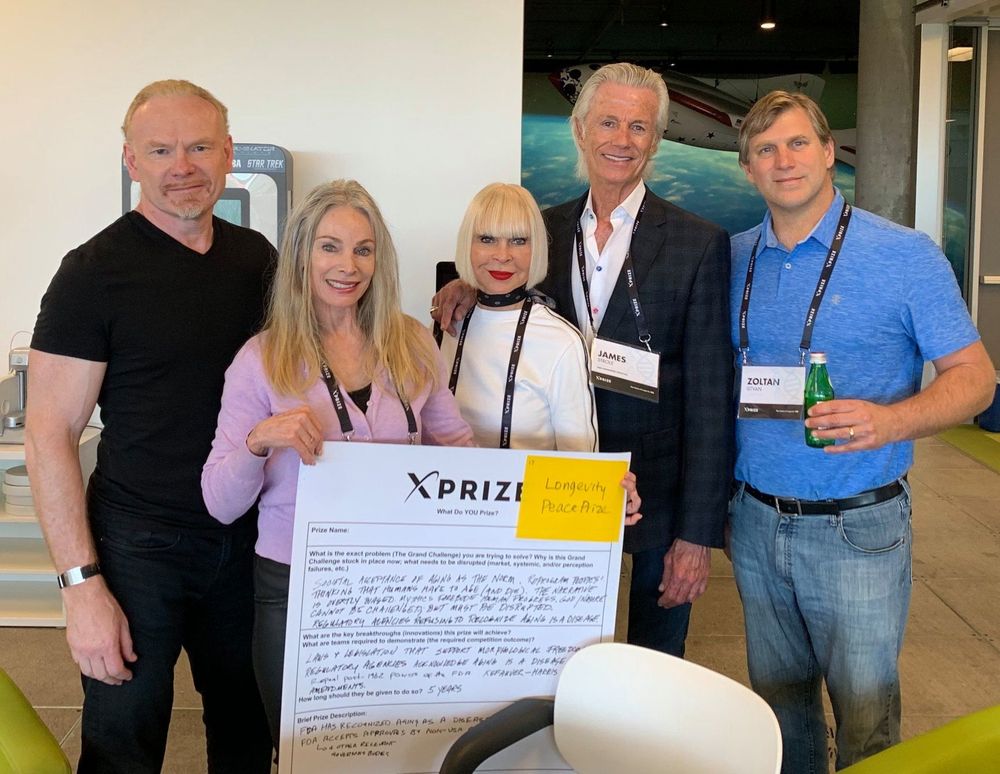Today, we want to spotlight a new publication that charts the senescence-associated secretory phenotype (SASP), which consists of the various secreted signals given out by senescent cells during aging.
Senescent cells and the SASP
As we get older, an increasing number of our cells enter into a state known as senescence. They cease dividing and supporting the tissues and organs of which they are part and, instead, secrete a range of harmful chemical signals. This cocktail of harmful signals is known as the senescence-associated secretory phenotype (SASP).




